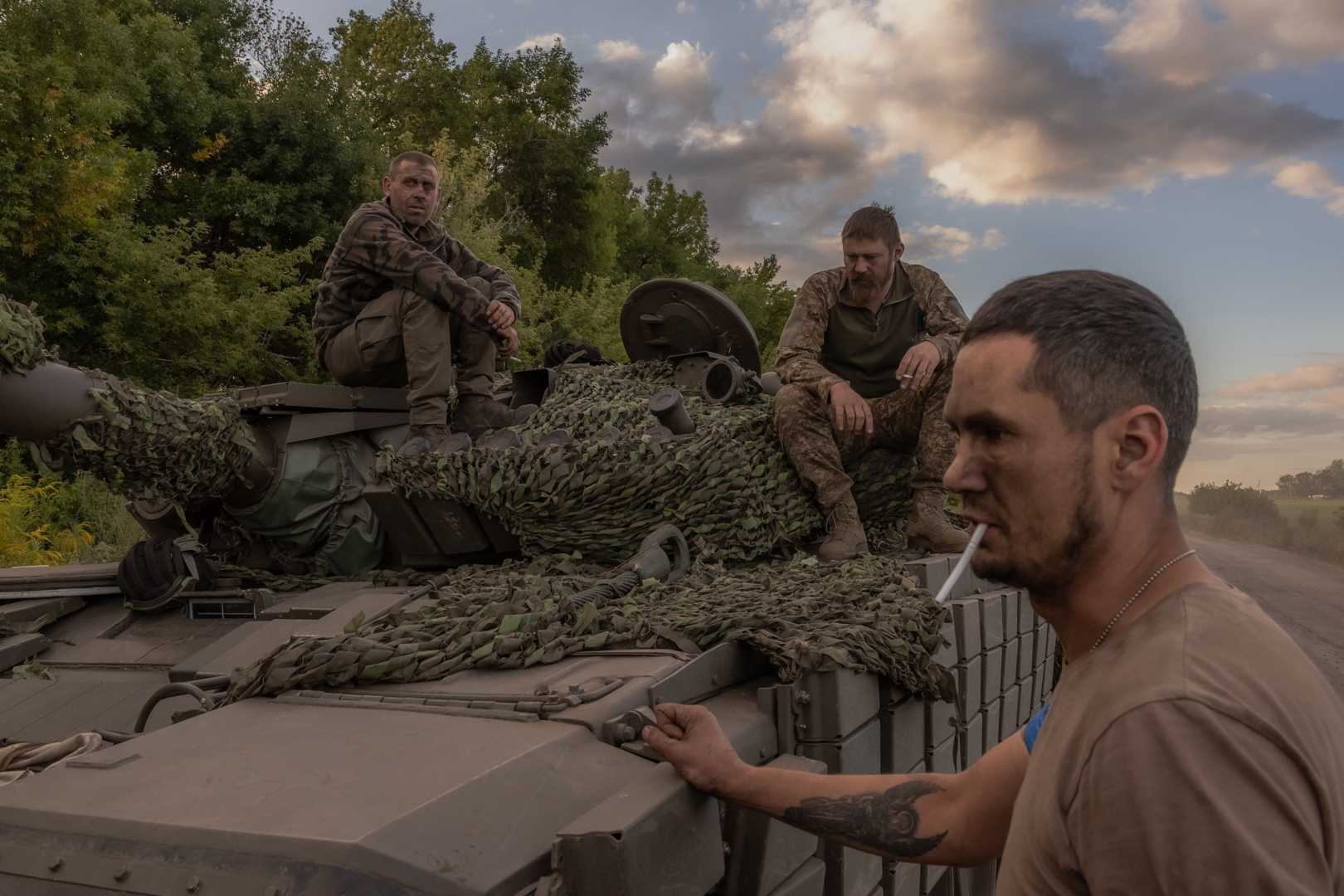World
Increased Russian Military Activity Amid Adverse Weather Conditions in Ukraine

The Russian military command has reportedly heightened the frequency of mechanized assaults in Ukraine, aiming for significant tactical gains before adverse weather conditions impede operations. Ruslan Muzychuk, Ukrainian National Guard Spokesperson, indicated an increased number of Russian armored vehicles on the battlefield, particularly in the Kharkiv and Pokrovsk regions, as the current dry conditions allow for more maneuverability. Since late July 2024, Russian forces have been conducting high-tempo assaults in western Donetsk Oblast, continuing mechanized assaults along the Kupyansk-Svatove-Kreminna line since September.
Weather-induced muddy terrain, now emerging in Kursk Oblast, presents challenges for military operations. However, there is no widespread reporting of such constraints affecting Kursk and other Ukrainian fronts. Fall conditions will likely hinder Russian infantry maneuvers, prompting the command to capitalize on current mechanized advances before the terrain deteriorates further. Russian forces typically rely on small infantry groups under windbreak concealment in open fields, an approach threatened by diminishing foliage.
The Russian military’s intensified activities seem rooted in a strategy to prevent Ukraine from regaining operational initiative. Russian President Vladimir Putin aims to maintain offensive pressure despite seasonal limitations. Nonetheless, Russian forces have largely exhausted reserves from the Summer 2024 offensives focused on Donetsk, and reports suggest potential culmination of these operations in the coming months.
General Christopher Cavoli of the US European Command recently cited the withholding of certain US weapon systems supportive to Ukraine, such as the Joint Air-to-Surface Standoff Missile (JASSMs) and the Link 16 system, attributed to potential operational security concerns. Meanwhile, South Korean Defense Minister Kim Yong-hyun noted North Korean military presence in Ukraine aiding Russian endeavors.
Notably, Russian arms dealings continue under scrutiny, with allegations surfaced about Viktor Bout‘s role in brokering military equipment sales to Yemen’s Houthi rebels, indicating deepening Russo-Iranian collaborations. In response to such developments, Russia has banned Discord, a communications platform used ad-hoc by its forces, potentially disrupting frontline communications.
Recent activities in the eastern Ukraine battlefield include claims of Russian use of chemical weapons, a breach of the Chemical Weapons Convention, with Ukrainian forces documenting significant incidents throughout 2024.
Involving broader geopolitical elements, the withdrawal of several US military support systems, North Korea’s supposed involvement and arms dealings with entities like the Houthis in Yemen highlight the complex international dimensions of the conflict, as well as ongoing efforts to manage strategic levers in the region.












